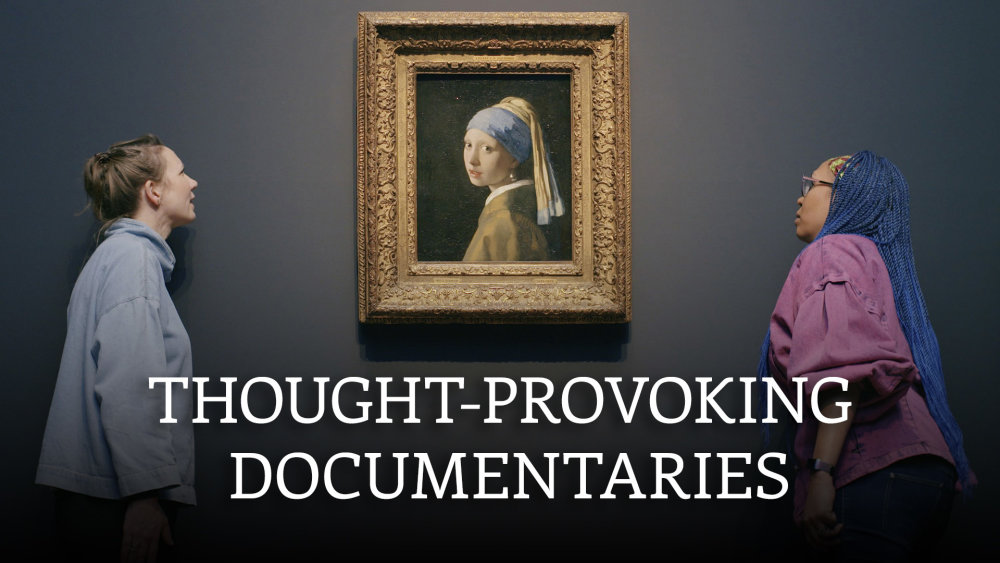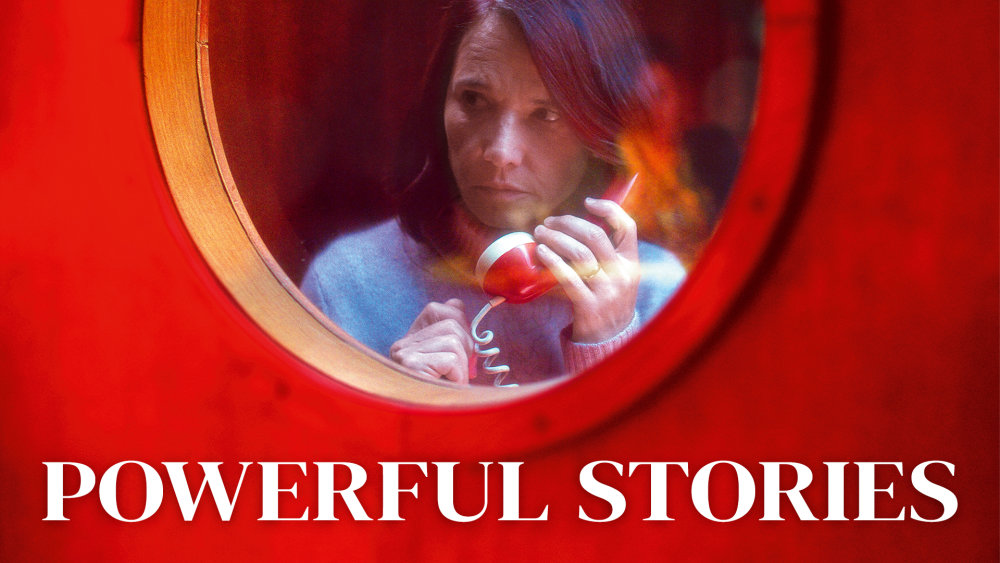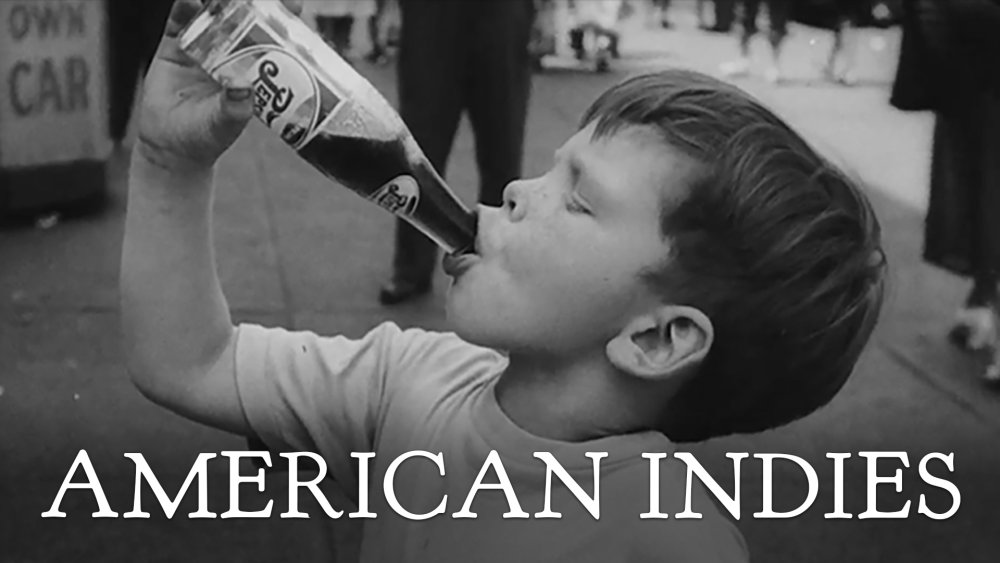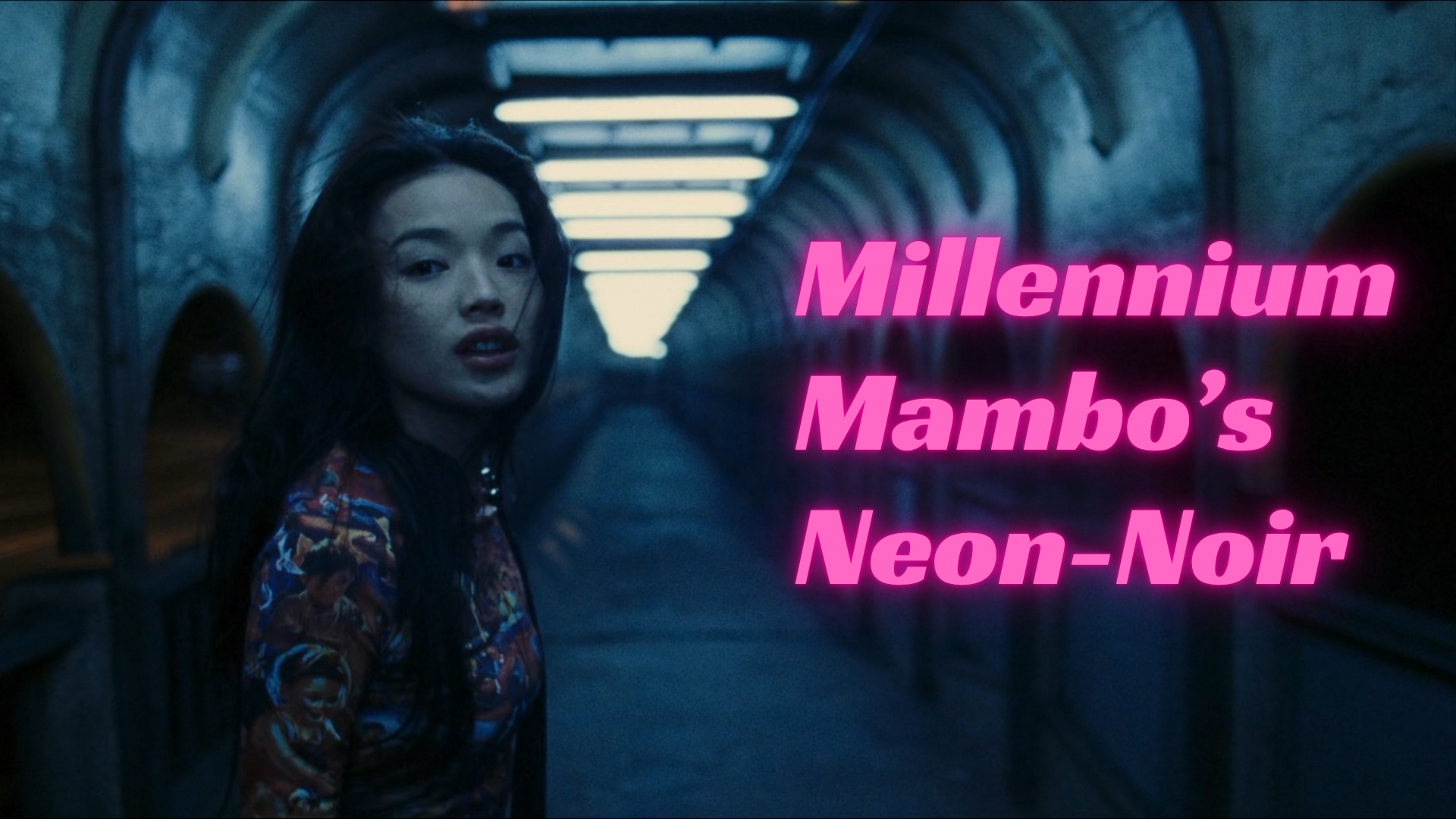
Neon-Noir: ‘Millennium Mambo’ Reimagines What the Night Looks Like in Film Noir

There’s something timeless about how nighttime is portrayed in film. In the shadows of the city, characters reveal who they really are, or hide behind the glow of passing lights. Darkness is the texture of moral conflict. Classic film noir knew this well, as can be seen in titles like Cécile Is Dead (1944), Speaking of Murder (1957), and more. But in the new millennium, the night looks and feels different. The rain-slick streets remain, but the world is illuminated by neon and LED instead of lamplight, and noir’s fatalism has been replaced by a quieter and more diffused sense of emotional drift. In celebration of Noirvember, we’re taking a closer look at this subgenre of neo-noir that we’re calling neon-noir by immersing ourselves in Hou Hsiao-hsien’s Millennium Mambo (2001).
Millennium Mambo captures this reimagination of the night with precision. Its neon-lit Taipei is less a place than a state of mind, floating between euphoria and exhaustion. Vicky (Shu Qi) drifts through the city’s nightclubs and apartments, her story told in voiceover from a future that feels both near and unreachable. The camera glides after her like a half-remembered dream. What drives the film isn’t crime or revelation, but a quiet ache of a young woman trapped in a loop of beauty, longing, and delay.
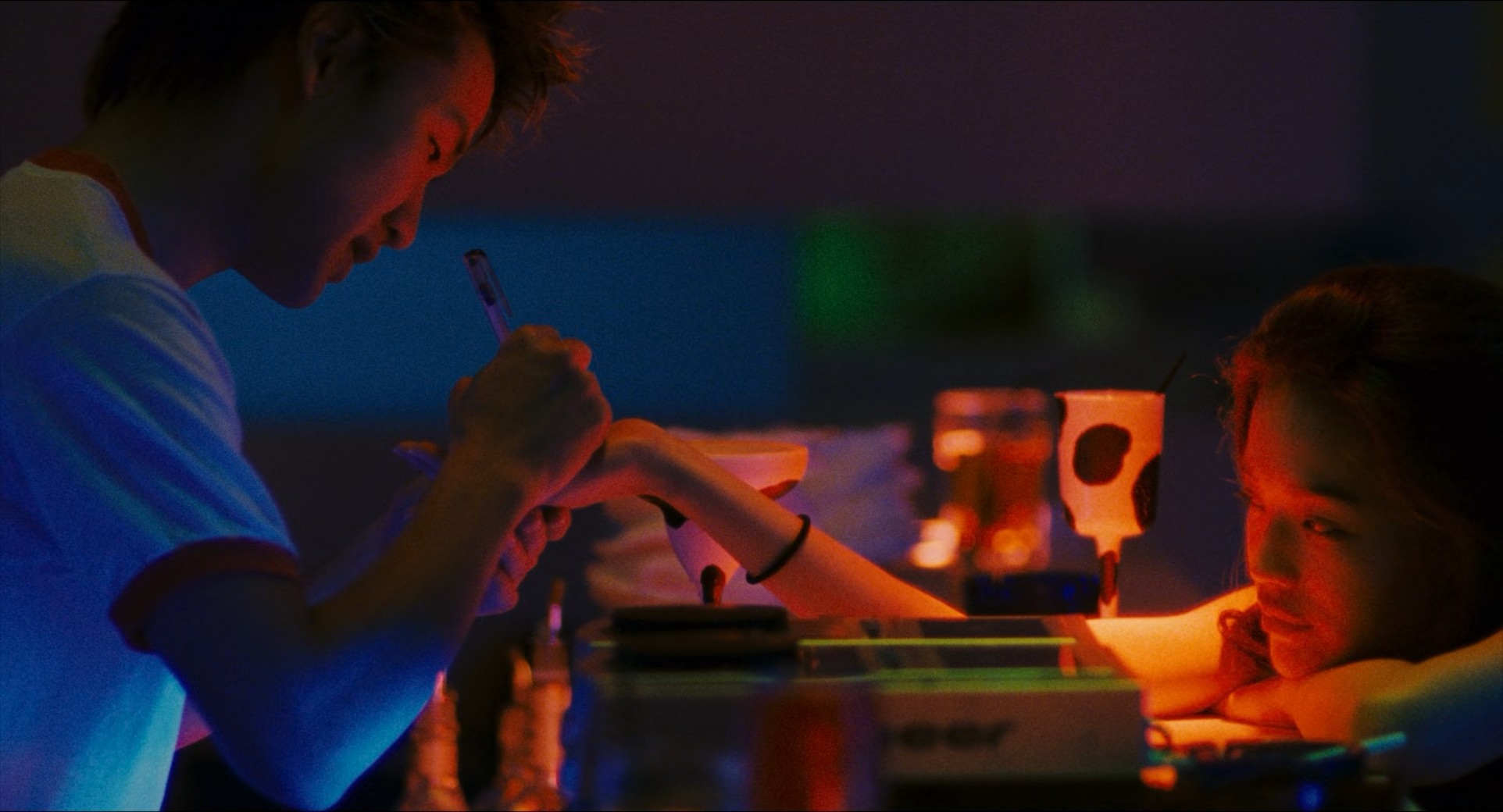
In Hou’s hands, the city becomes a mirror for Vicky’s interior life. Light flickers across glass and skin like thought refracted through haze. The pulse of the nightclub replaces the heartbeat of the detective story, where strobe lights become the new chiaroscuro. Where the femme fatale once wielded mystery as power, Vicky embodies a more modern enigma of someone who feels everything and nothing at once.
The film’s opening scene sets the tone: a long, entrancing shot of Vicky walking down a corridor bathed in blue. Her hair floats in slow motion, her expression unreadable, her steps in sync to electronic beats, without direction and without arrival. The moment feels infinite and fragile, already nostalgic before it even unfolds completely. If noir once sought truth in shadow, Millennium Mambo finds melancholy in light. The danger is no longer betrayal or crime, but the exposure of being constantly seen yet profoundly alone. Hou transforms this drift into cinematic language. His camera moves with the rhythm of breath, observing rather than interpreting, until the stillness begins to speak for itself.
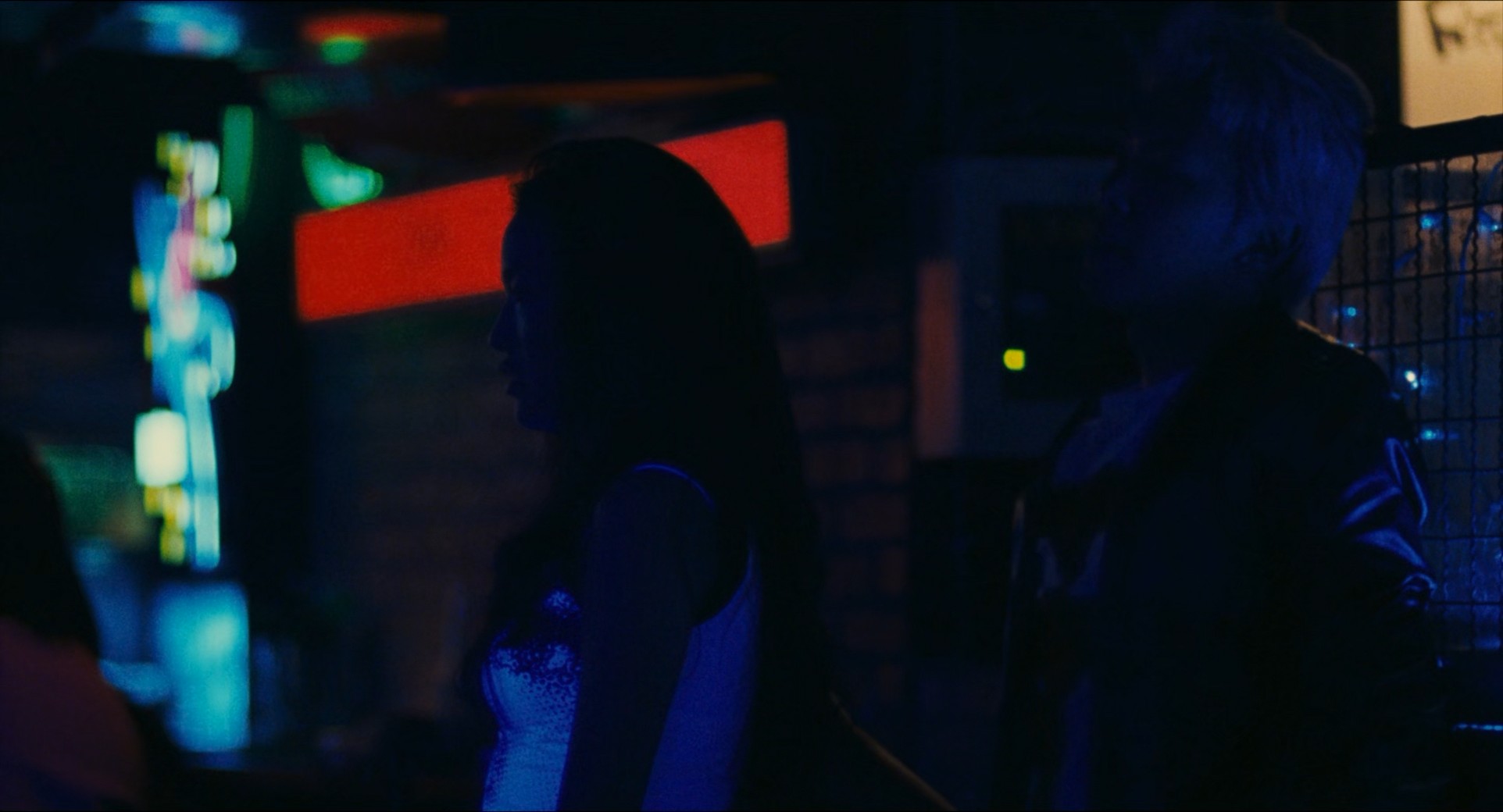
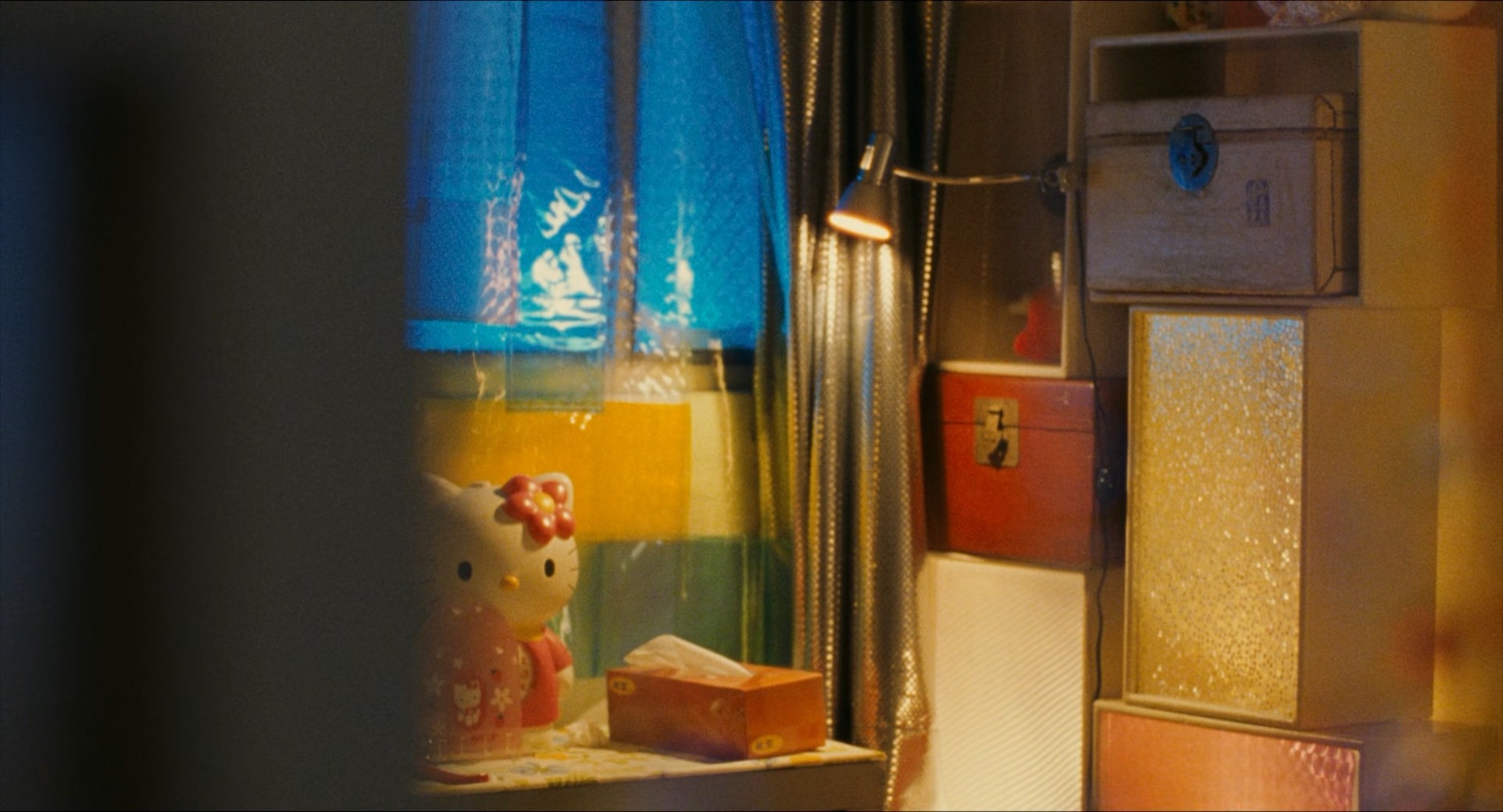
Taipei, like New York or Los Angeles in classic noir, is both setting and character. But where noir once hid its corruption in shadows, Hou’s city exposes its loneliness in light. The blue and amber glow of the club, the hum of cars, and the endless hallways all merge into a reality of modern alienation. The noir hero once searched the streets for truth, whereas Vicky wanders them in search of feeling. Her voiceover, spoken from a future she can barely imagine, adds another layer of distance. She narrates her own story as if she’s already gone, remembering herself with both tenderness and detachment. That sense of temporal drift turns Millennium Mambo into more than a portrait of youth, and becomes a film that already mourns its own time.
What emerges is a new kind of noir, one illuminated not by shadow but by artificial light. The danger now isn’t concealment but overexposure, and meaning starts to fade in a world where everything glows. Hou’s neon palette captures this tension beautifully. His colors are intoxicating, isolating, and his images shimmer with life yet remain just out of reach. By the time Vicky’s voice fades, we realize the film has told us not a mystery but a memory. Noir’s moral questions—Who did it? Why?—are replaced by more elusive ones—What was felt? What was lost? What remains?
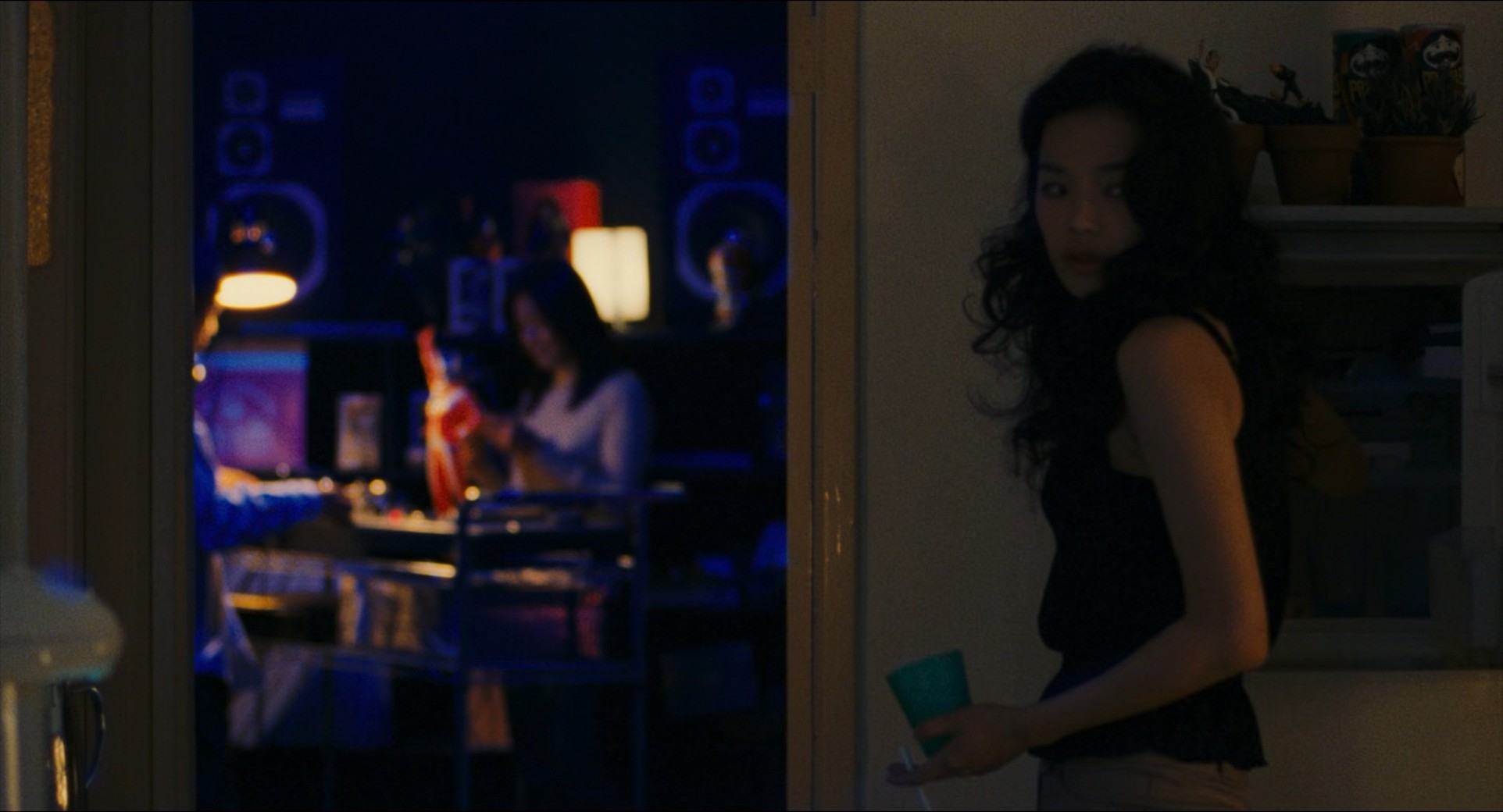
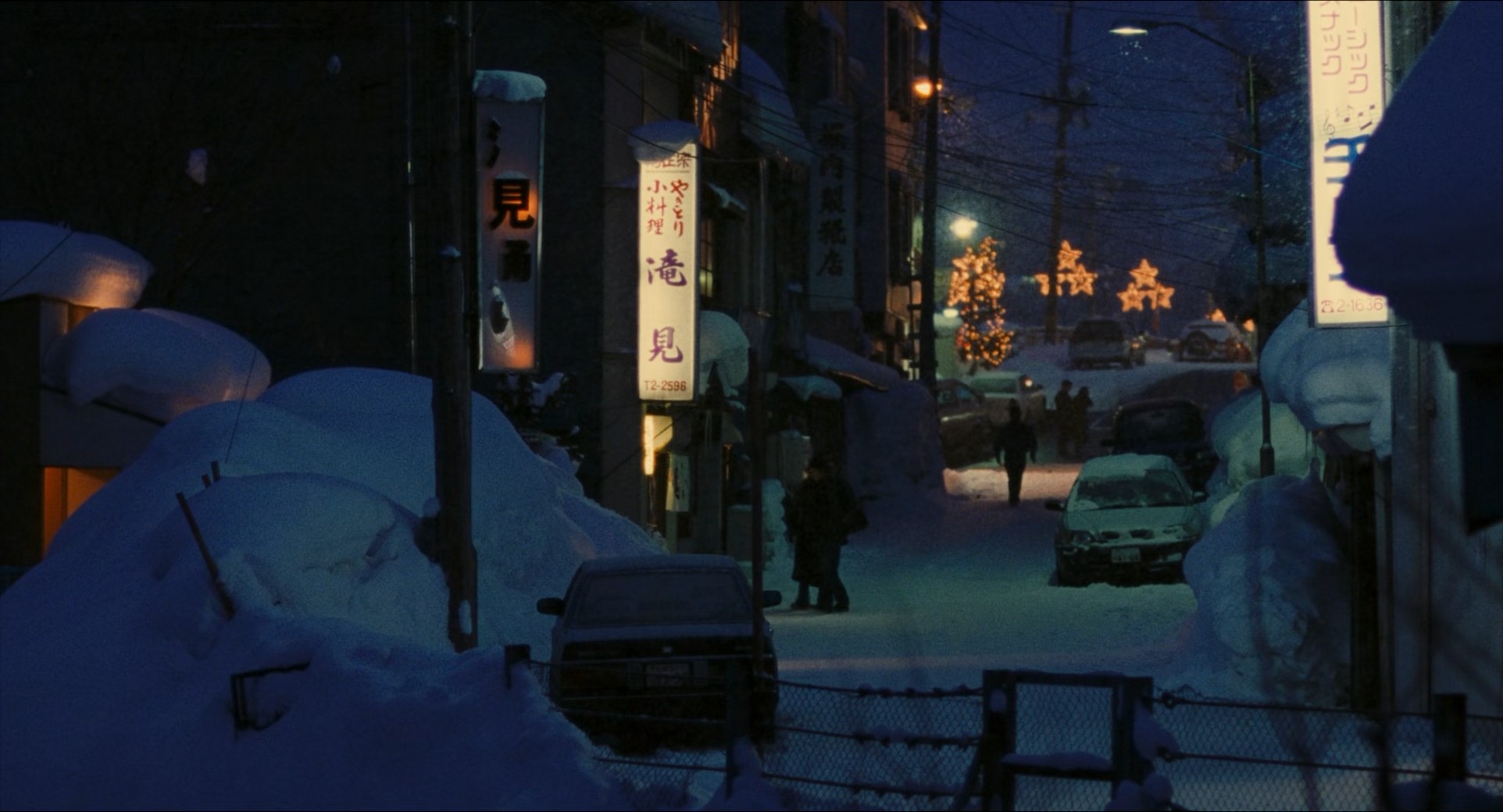
In Millennium Mambo, night is no longer the site of crime or revelation. It’s a space of drift, where light and time blur, and identity shimmers like reflection on glass. Hou transforms noir’s fatalism into something more haunting and contemporary: the beauty of being lost, the glow of a city that never sleeps, and the quiet hum of life suspended between past and future.
Stream Millennium Mambo now on Kino Film Collection.




